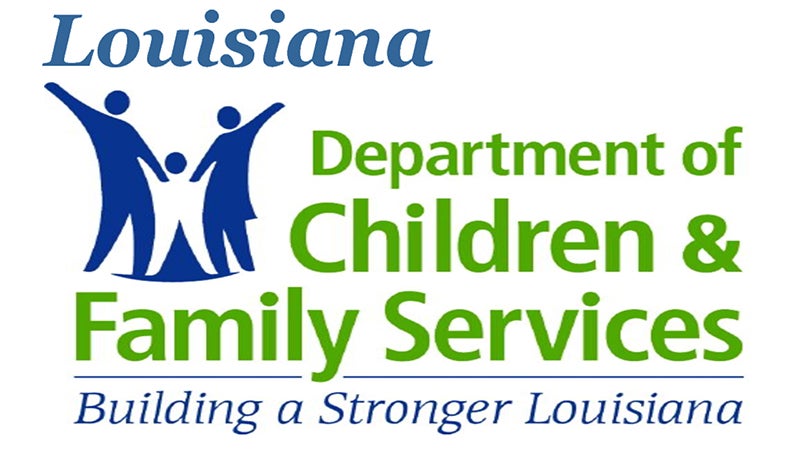USDA Increases Monthly Maximum for SNAP Households
Published 11:27 am Friday, September 30, 2022
|
Getting your Trinity Audio player ready...
|
| BATON ROUGE, LA, September 2022 – Supplemental Nutrition Assistance Program (SNAP) recipients will see an increase in their monthly household allotment beginning October 1, 2022, according to the U.S. Department of Agriculture’s (USDA) new cost-of-living adjustments.
Benefits Increasing Food costs have grown significantly in recent months, impacting every Louisianan’s budget. Each year, the USDA increases SNAP monthly allotments in line with particular food expenditures provided in the US Bureau of Labor Statistics’ Consumer Price Index (CPI). Increases in maximum monthly food allotments vary by household size for the federal fiscal year 2022-2023. For instance, the maximum benefit for a single-member household is rising from $250 to $281 per month, while the maximum benefit for a household of four is increasing from $835 to $939 per month.
These changes will primarily impact those with no income who receive the maximum benefit amount. Income Limits and Deductions Income eligibility standards and allowable deductions, which are based on the federal poverty level and adjusted annually based on overall inflation, are increasing. The gross and net monthly income limits for households are also increasing. Broad-Based Categorically Eligible (BBCE) households are required to meet the Maximum Gross Monthly Income Standard of 200% of the Federal Poverty Level (FPL) instead of 130% of the FPL. Most households will be BBCE. For example, a single-person household will now have a gross monthly income limit of $1,473 (up $77), and a net monthly income limit of $1,133 (up $39), while a single-person BBCE household will now have a gross monthly income limit of $2265 (up $118). A household of four, on the other hand, will be limited to a gross monthly income of $3,007 (up $136) and a net monthly income of $2,313 (up $104).
The resources limit for qualifying households with at least one-person age 60 or older or disabled is increasing by $500 to $4,250. The limit for all other eligible households is increasing by $250 to $2,750. The monthly standard deduction also rises by $16 per month to $193, while the shelter cap rises by $27 to $624. Households in which all members are homeless and have a qualifying shelter expense can receive a $166.81 shelter deduction. The maximum homeless shelter deduction had been $156.74. As a result of these adjustments, certain SNAP recipients who are not currently receiving the monthly maximum or minimum allotment may experience a rise in their monthly benefits beginning October 1. ### SNAP Nondiscrimination Statement In accordance with federal civil rights law and U.S. Department of Agriculture (USDA) civil rights regulations and policies, this institution is prohibited from discriminating on the basis of race, color, national origin, sex (including gender identity and sexual orientation), religious creed, disability, age, political beliefs, or reprisal or retaliation for prior civil rights activity. Program information may be made available in languages other than English. Persons with disabilities who require alternative means of communication to obtain program information (e.g., Braille, large print, audiotape, American Sign Language), should contact the agency (state or local) where they applied for benefits. Individuals who are deaf, hard of hearing or have speech disabilities may contact USDA through the Federal Relay Service at (800) 877-8339. To file a program discrimination complaint, a Complainant should complete Form AD-3027, USDA Program Discrimination Complaint Form which can be obtained online at: https://www.usda.gov/sites/ mail: fax: email: This institution is an equal opportunity provider. |
|---|






